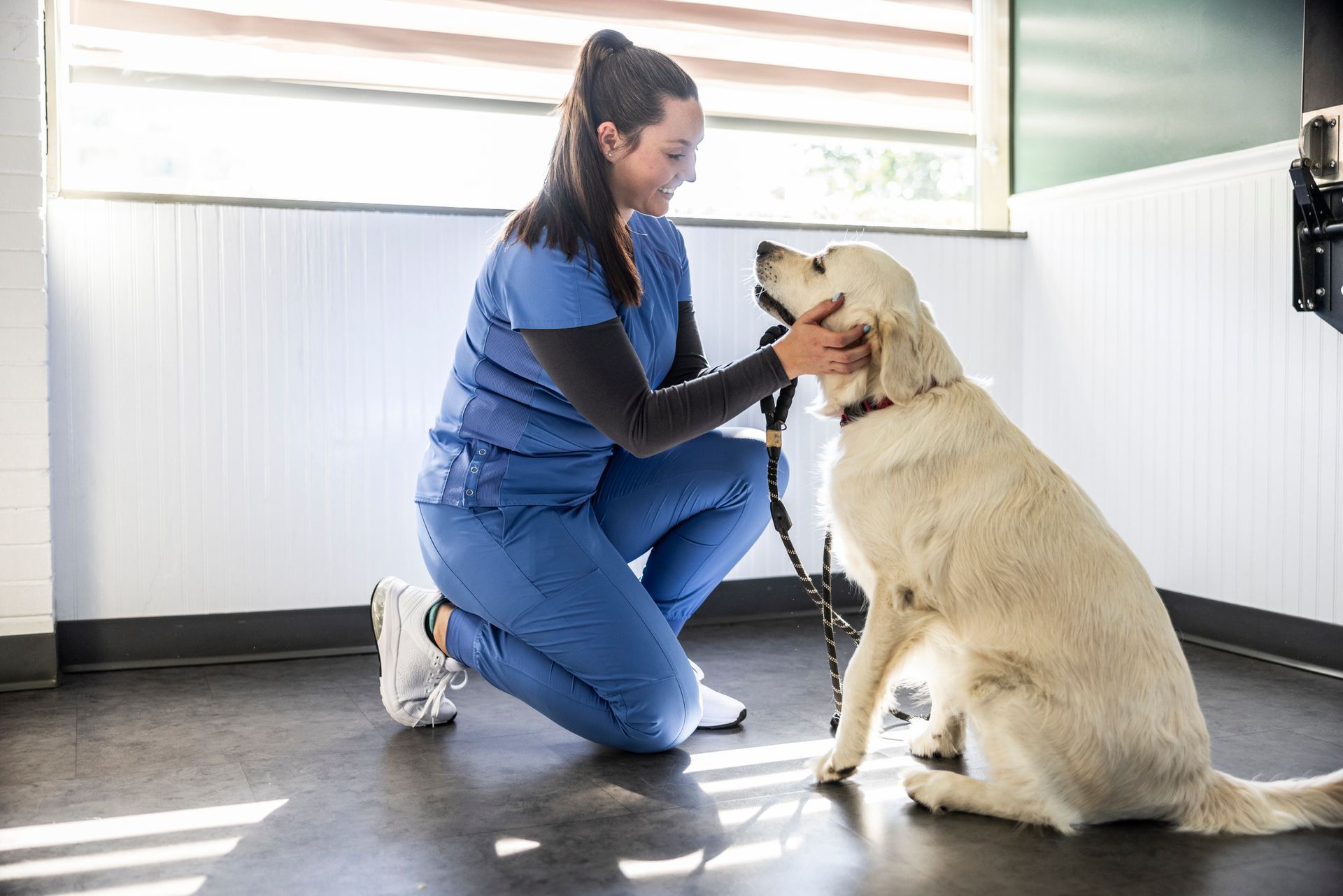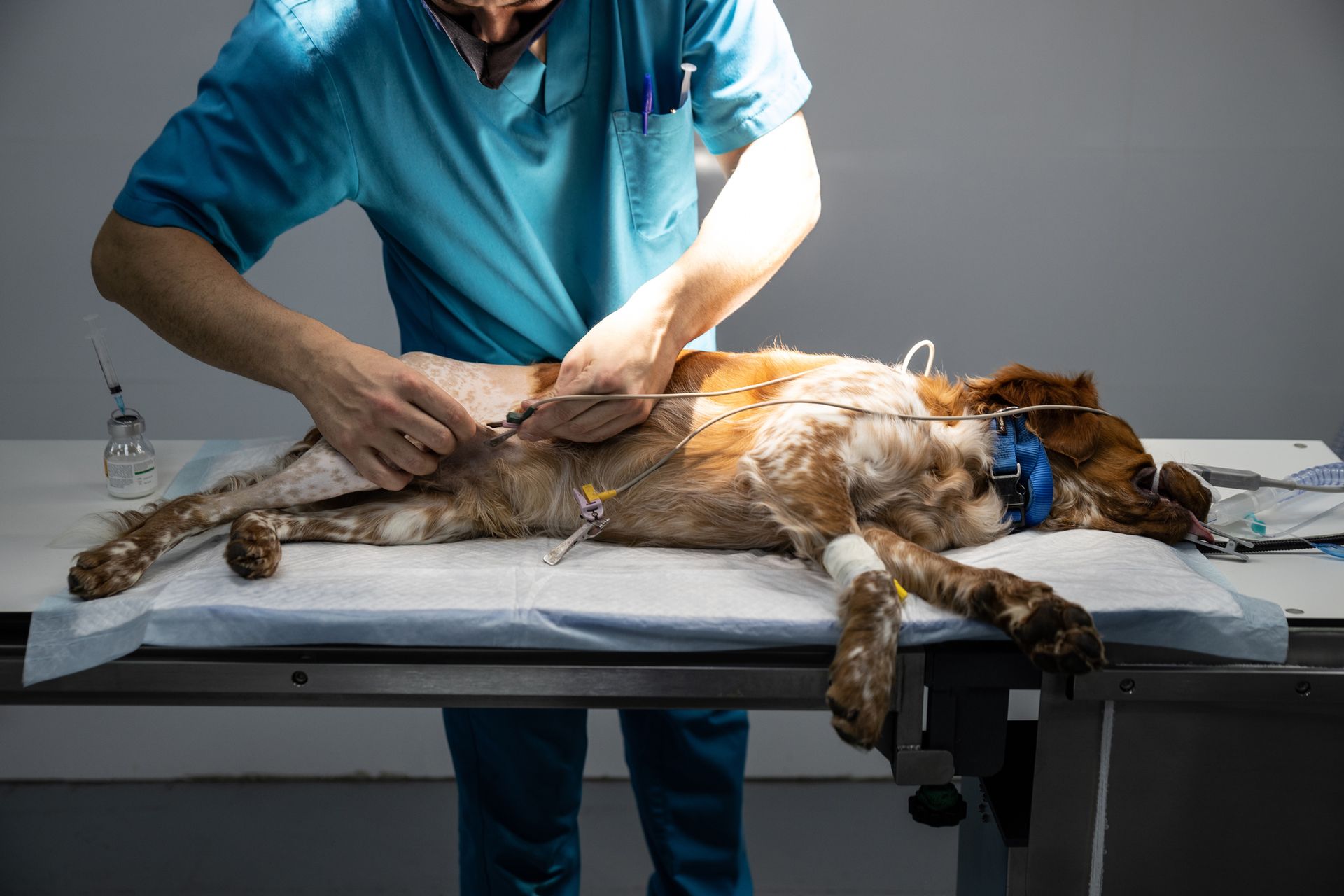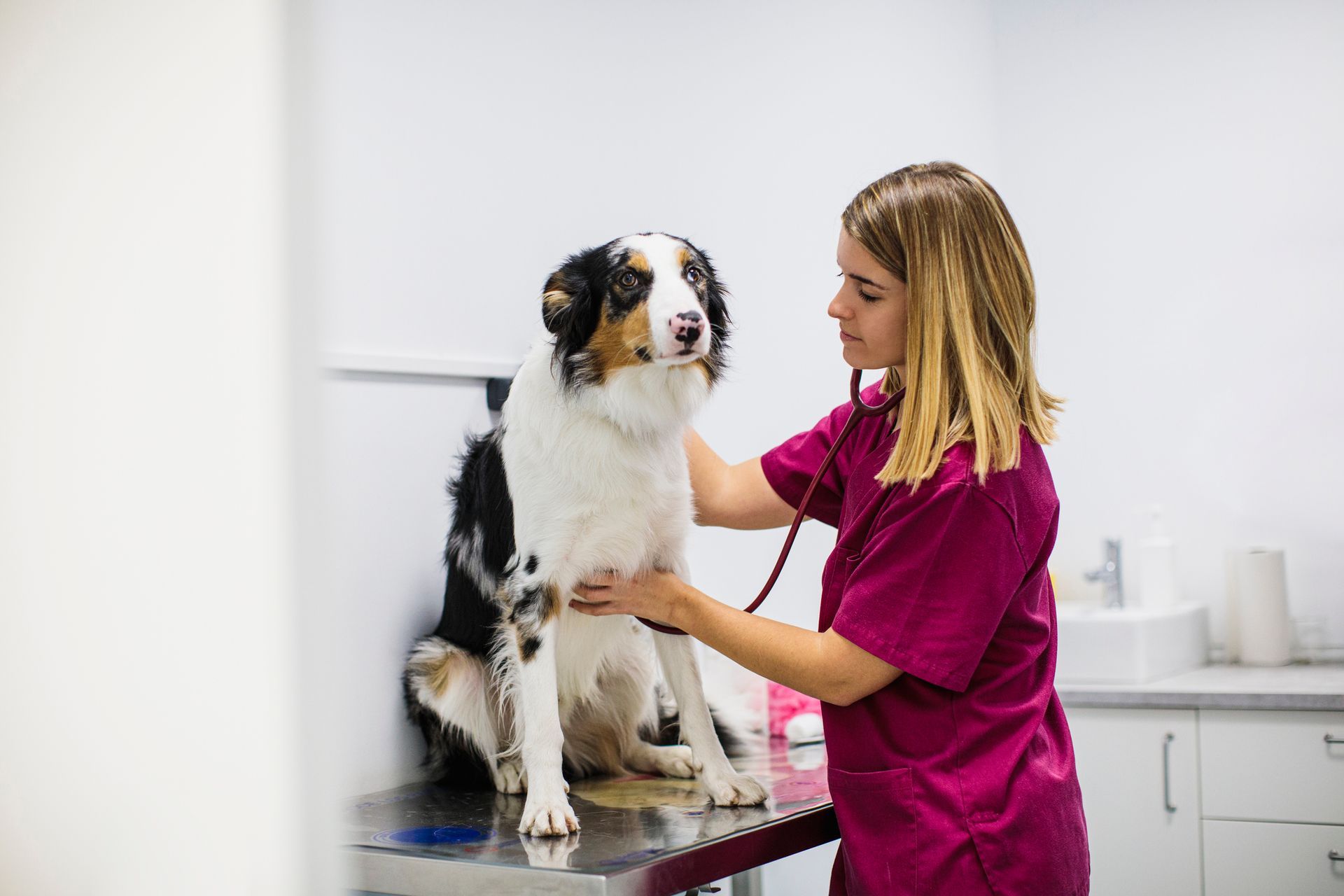Traveling With Your Dog This Year? 6 Ways to Be Prepared
Traveling with your dog can be a lot of fun, but without proper preparation, you and your dog could face some difficult situations. Knowing what to expect and preparing in advance for your trip can help ensure that your dog will be safe, happy and healthy throughout your journey. Whether you're traveling by plane, car or even RV, here's what you need to know.
1. Get Up to Date on Vaccinations
Vaccinations protect your dog from common diseases and deadly illnesses. Dogs need to get a lot of vaccinations in the first year of life, and boosters periodically thereafter. Many countries and states have specific vaccination requirements for dogs based on the types of diseases that can be found in those areas.
If you're traveling out of state or out of the country, find out the vaccination requirements for that area. Get vaccines as soon as possible because vaccinations take time in order to be effective.
If you're staying in your own state, tell the vet where you'll be taking your dog. The vet may have knowledge of the canine diseases common in that part of the state and may make recommendations accordingly.
2. Tag Your Dog with a Microchip
Microchip tagging helps unite lost dogs with their families. If a dog becomes lost and is taken to the shelter, the shelter can use a scanner to scan the dog’s microchip. The microchip will emit a radio frequency that will identify the dog. The dog can then be transported back to the owner who registered the chip.
Tagging your dog with a microchip is an easy way to protect your dog, should you and your dog be separated while on your trip.
3. Check in with the Vet About Pest Preventatives
Pest preventatives help protect dogs from pests like fleas, ticks, and other parasites. Parasites are a very common problem in wooded and grassy areas. If you're taking your pet camping, talk to your pet's veterinarian about pest preventatives.
Your pet's veterinarian may recommend topical creams, soaps, or pills, depending on the type of pest being prevented. Read all medication instructions before leaving on your trip, to ensure that you're administering the medication appropriately.
4. Bring Spare Medications
Your dog may have prescriptions for existing conditions. Count the doses you have available to ensure that your pet has enough medicine to last the entire trip. If your pet will run out of medications in the middle of your trip or shortly thereafter, ask the veterinarian for an extra prescription to pick up before you leave to ensure you don’t run out.
5. Have a Plan to Manage Anxiety
Some pets suffer from anxiety, especially when they're in strange and unfamiliar situations. If your dog has this problem, you should have a plan to manage your pet's anxiety.
Anti-Anxiety Medications
Your pet's veterinarian can tell you if anti-anxiety medications are appropriate for your pet. If they are, get a prescription to ensure that the type of medication and the dosage are correct.
Bring Comforting Things From Home
If your dog has a favorite blanket or stuffed animal, bring those items on your trip. Keep them close to your pet, especially when you're in a stressful situation (like on an airplane or if you're a guest in a home with other animals). Familiar scents will help keep your dog calm.
Bring Your Pet's Normal Food
You may have a hard time finding your pet's favorite foods at the grocery store while you're on your trip. Switching food brands while traveling could cause your pet additional stress. Bring a large supply of your pet's normal food on your trip, or find out whether your pet's favorite foods are available at the stores where you'll be visiting.
Help Your Dog Adjust to Carriers
Carriers can trigger anxiety for dogs who aren't used to them. If you're traveling on an airplane, your dog may be required to spend time in a carrier. Help your dog adjust to the carrier by allowing your dog to spend time in the carrier with the door open. Give your dog treats and reassurance.
After your dog is adjusted to spending time in the carrier with the door open, have your dog spend time in the carrier with the door shut. Leave your dog in the carrier for longer and longer periods of time, until you're confident your dog can handle the carrier while you're gone.
6. Know the Number for an Emergency Vet in the Area
Find out the contact information for an emergency veterinarian in the area where you'll be traveling. Keep the number on hand just in case your dog experiences a medical emergency. If you're traveling to be with friends or family, they may be able to recommend an emergency veterinarian to you in the event of a problem.
For more information about how to keep your dog safe while traveling, contact South Seattle Veterinary Hospital. We'll be happy to answer your questions.











